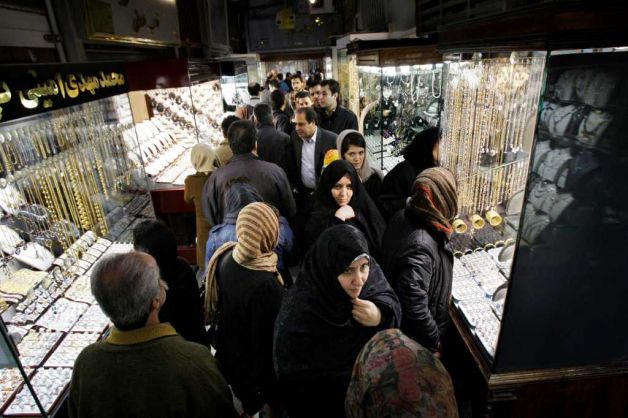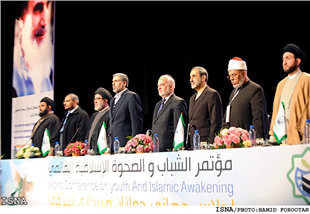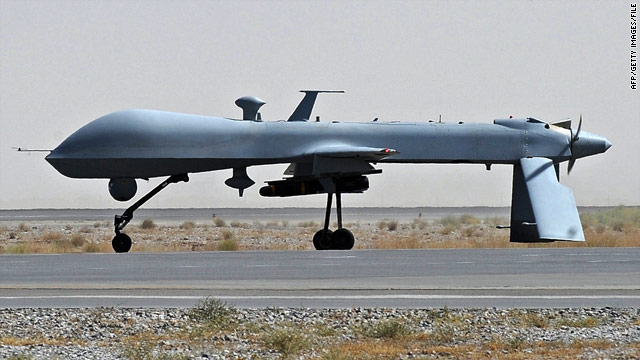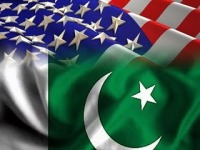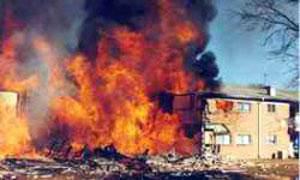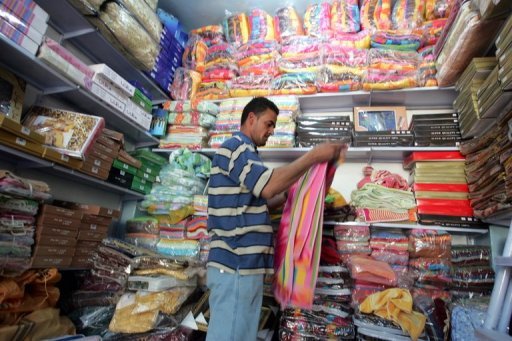Tunisia Feature: Islamists, Faith, and Democracy (Shadid)
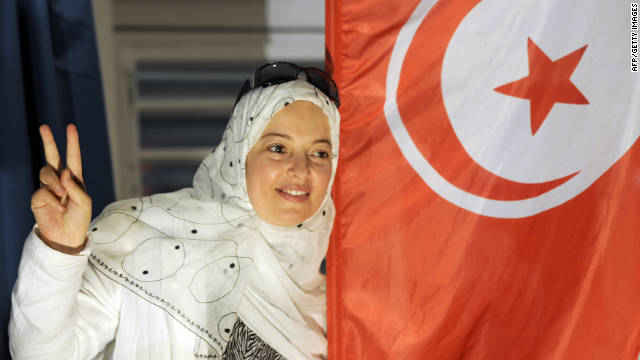 An Ennadha Party Supporterjani, a senior member of the Ennahda Party:
An Ennadha Party Supporterjani, a senior member of the Ennahda Party:
The epiphany of Said Ferjani came after his poor childhood in a pious town in Tunisia, after a religious renaissance a generation ago awakened his intellect, after he plotted a coup and a torturer broke his back, and after he fled to Britain to join other Islamists seeking asylum on a passport he had borrowed from a friend.
Twenty-two years later, when Mr. Ferjani returned home, he understood the task at hand: building a democracy, led by Islamists, that would be a model for the Arab world.
“This is our test,” he said.
If the revolts that swept the Middle East a year ago were the coming of age of youths determined to imagine another future for the Arab world, the aftermath that has brought elections in Egypt and Tunisia and the prospect of decisive Islamist influence in Morocco, Libya and, perhaps, Syria is the moment of another, older generation.

 Saturday, February 18, 2012 at 10:08
Saturday, February 18, 2012 at 10:08